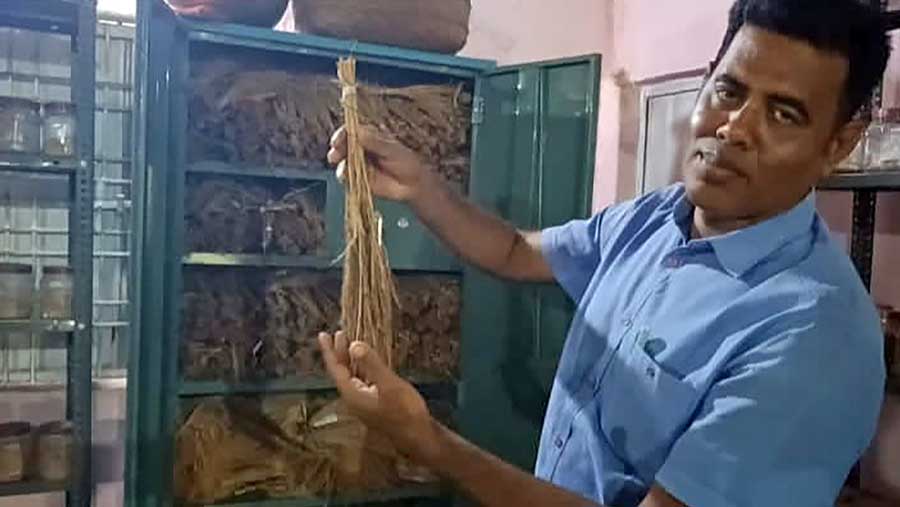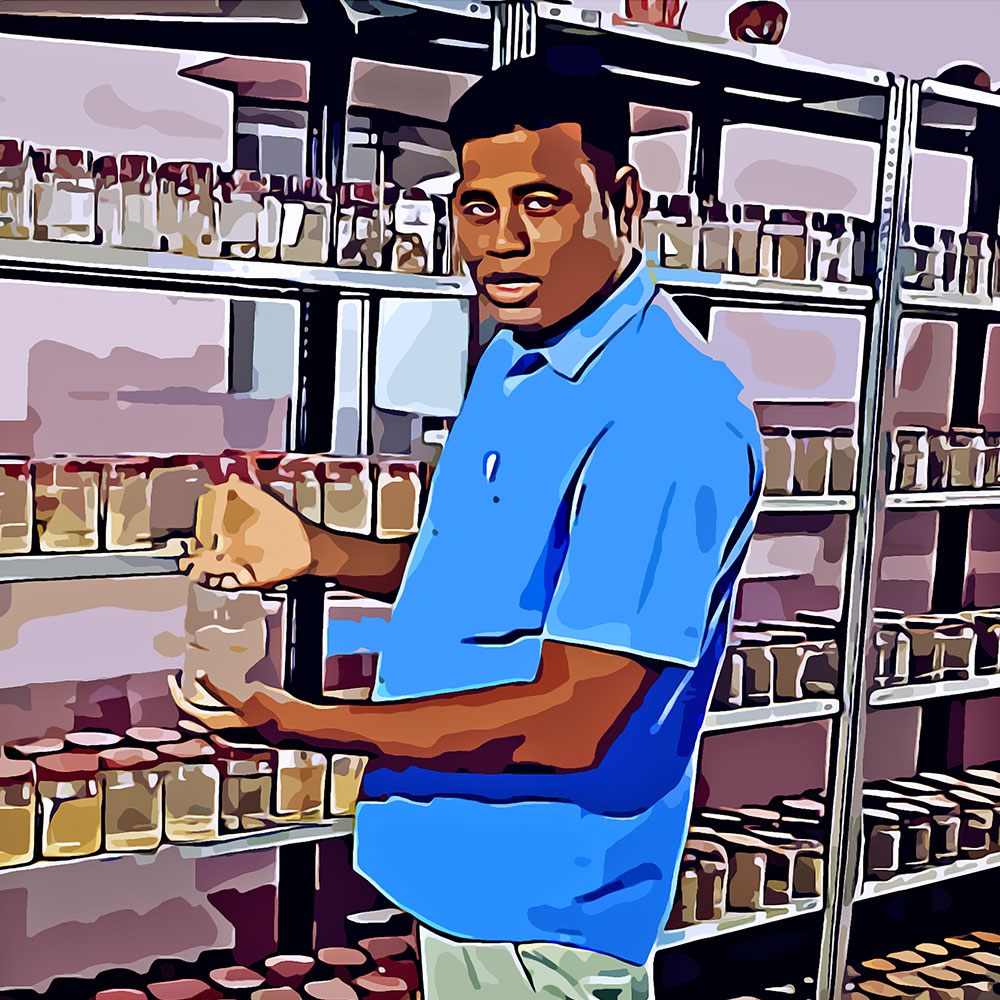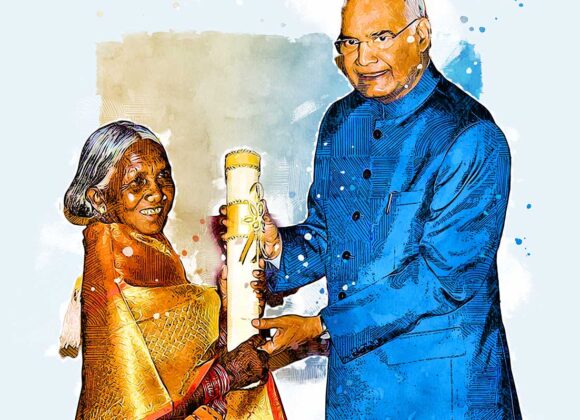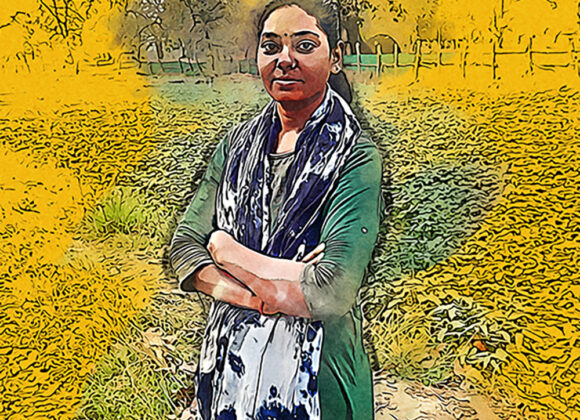In a world rapidly losing touch with traditional farming practices, Manas Ranjan Sahu, a 45-year-old from Kalahandi district in Odisha, has emerged as a protector of indigenous seeds.
With a remarkable collection of 1,756 indigenous seed varieties, he has dedicated his life to preserving rare indigenous seeds and sharing knowledge of organic farming with countless framers of the region. Through his inspiring initiative, ‘Kalahandi Seed Bank’, Manas is not only protecting rare seeds from extinction but also repopularizing it for our future generation.
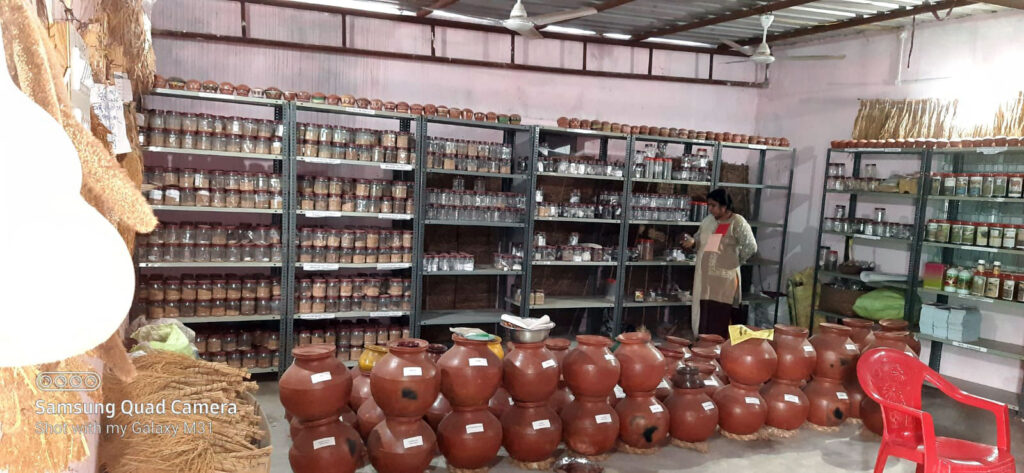
Manas’s journey began in 2009, when he cultivated 62 local seed varieties on a modest one-acre plot in Batul village, his birthplace. Over the years, his passion grew, and so did his seed bank. Today, his efforts extend across 10 acres of land, including his farmland in Gotomunda village under Koksara block. Here, he grows seeds for paddy, vegetables, pulses, millets, and oilseeds while also engaging in commercial farming.
His dedication has transformed his venture into a treasure trove of seeds, encompassing seeds of paddy, vegetables, millets, pulses, and oilseeds. This remarkable collection includes 816 varieties of paddy—100 aromatic strains, three green rice types, 17 black rice variants, and 80 nutrient-rich red rice strains. Notably, it also features two rare ‘magic rice’ varieties that can be eaten after soaking in water, eliminating the need for cooking. But Manas’s seed bank is not limited to rice. It houses 730 varieties of vegetables, 160 types of millets, 42 kinds of pulses, and eight types of oilseeds.
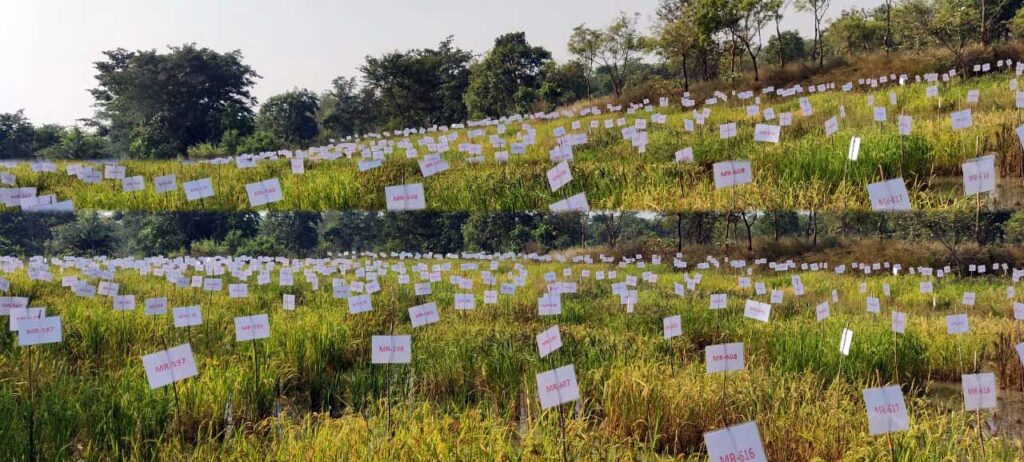
“Thousands of indigenous seeds are vanishing due to neglect and over-reliance on high-yielding varieties. I believe that the shift brought about by the Green Revolution, though initially beneficial, has had long-term consequences, including soil degradation, increased pest infestations, and rising costs for farmers. My mission is to reverse this trend by promoting indigenous seeds that are naturally resilient, affordable, and environmentally friendly.”
Manas’s efforts are self-funded, with nearly ₹5 lakh of his farming income invested annually into his seed bank. This includes converting a part of his house and farmland in Batul village of Dharmagarh into a seed bank-cum- agro laboratory called ‘Kalahandi Seed Bank’ where he stores and studies seeds collected from Odisha and beyond. After multiplying the seeds, he generously distributes them to farmers free of cost, empowering them to adopt organic and sustainable farming practices.
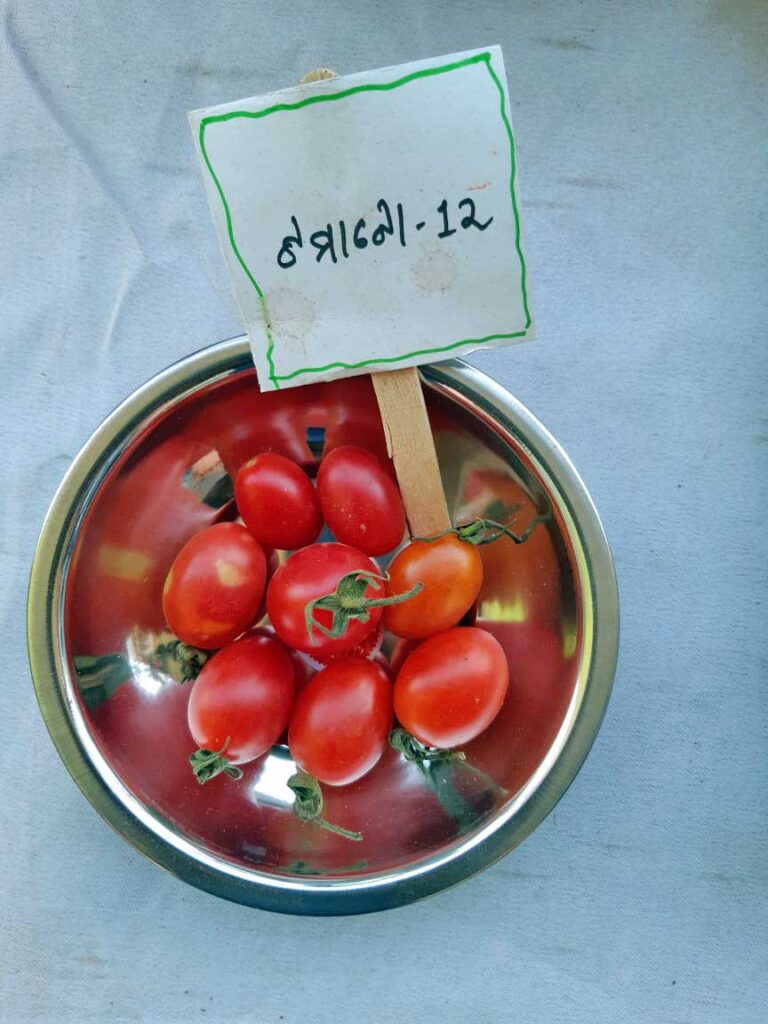
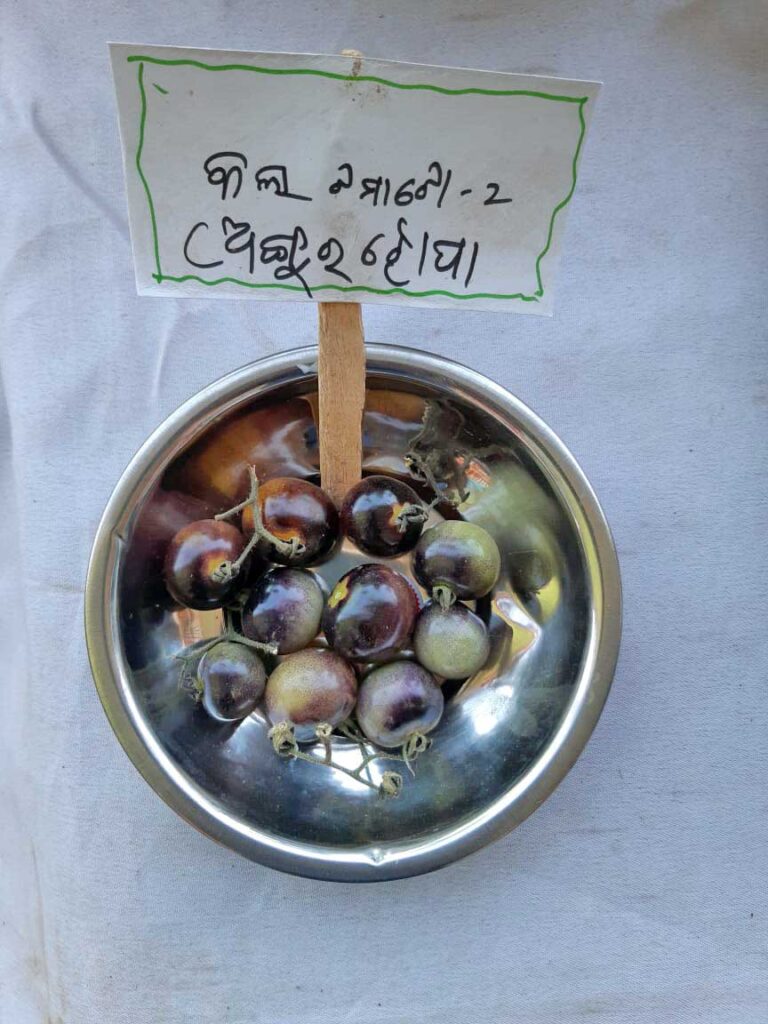
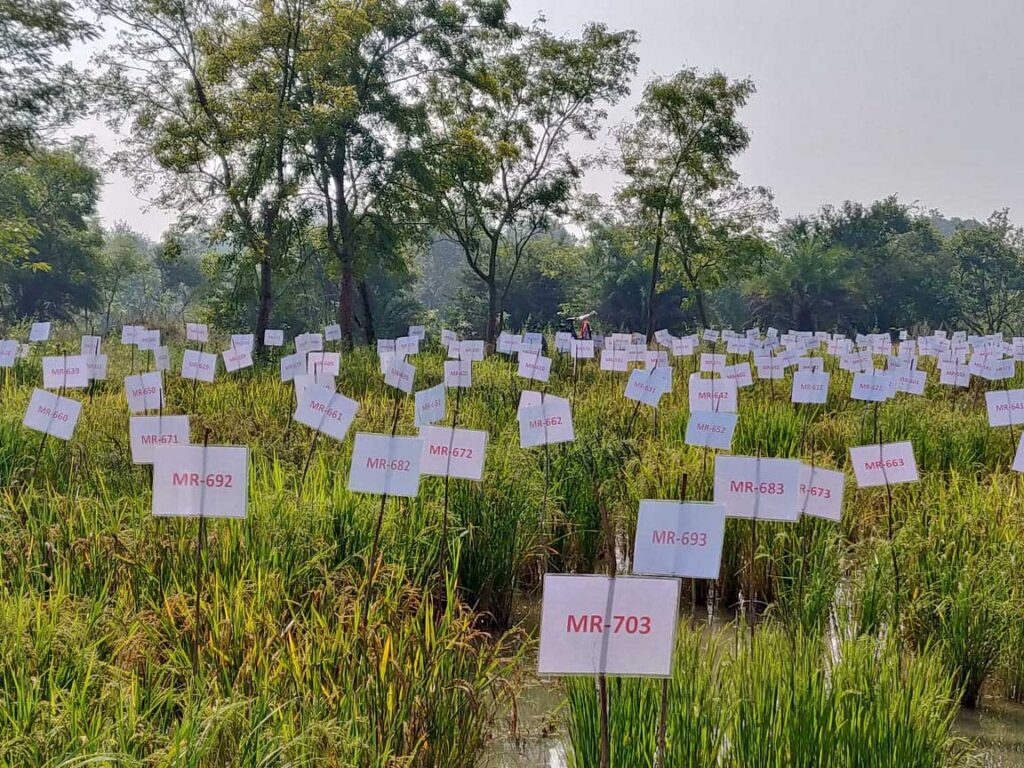
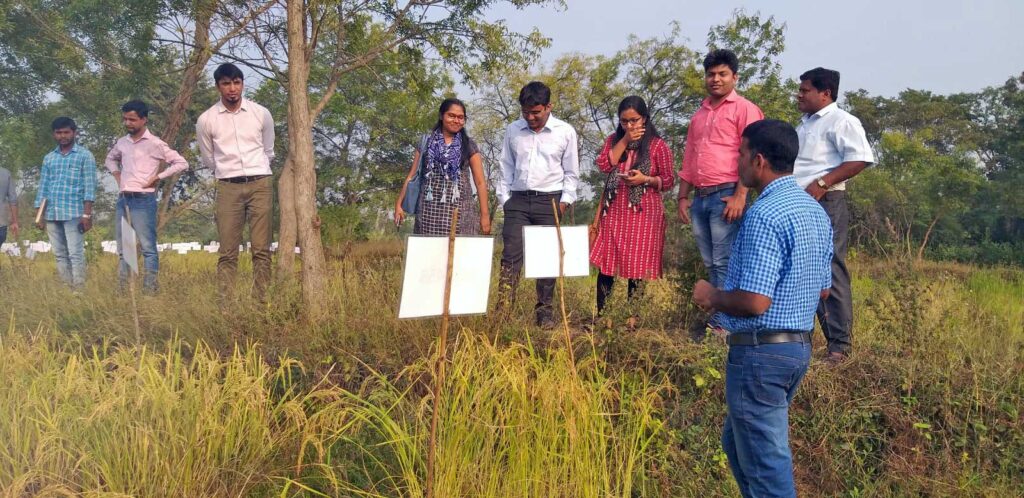
His initiative has struck a chord with many. Farmers from across the region are embracing indigenous seeds and inclined towards organic farming. Agricultural students, NABARD officials, and researchers frequently visit the Kalahandi Seed Bank for field studies and training sessions.
However, the impact of Manas’s work has not gone unnoticed. He has been honored with the Gene Savior Award by Krishi Vigyan Kendra in 2015 and 2017, and was recently felicitated by Prameya News in 2023. Yet, for Manas, the greatest reward lies in knowing that his efforts are helping to secure a sustainable future for agriculture.
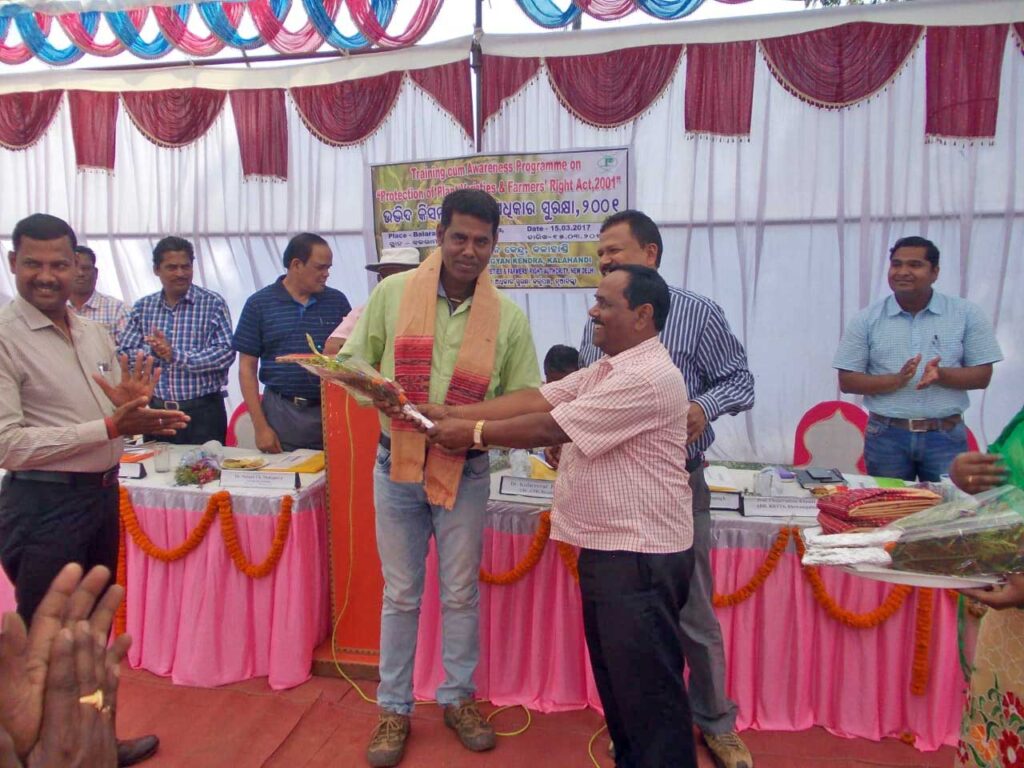
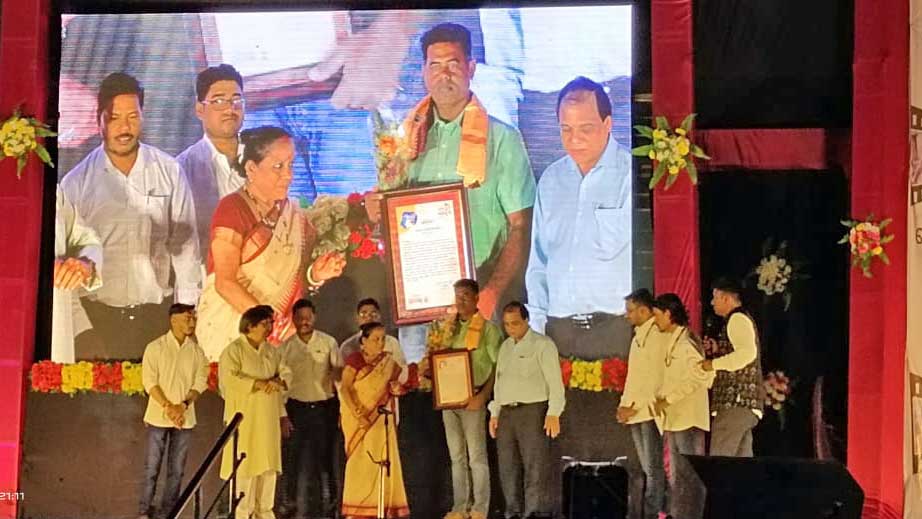
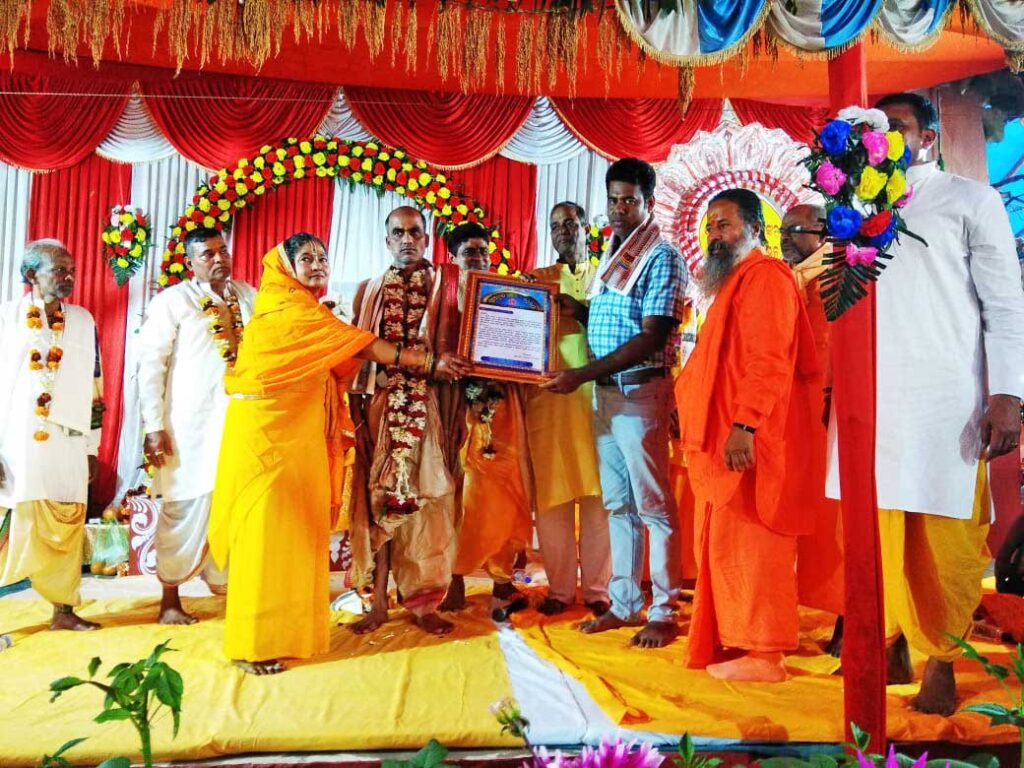
Manas’s story is a powerful reminder of the importance of preserving traditional knowledge in an era dominated by commercial farming. His dedication to safeguarding indigenous seeds is not just about agriculture; it’s about nurturing a way of life that values harmony with nature. By sowing the seeds of change, Manas is cultivating a legacy that will inspire generations to come.
